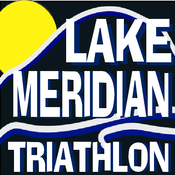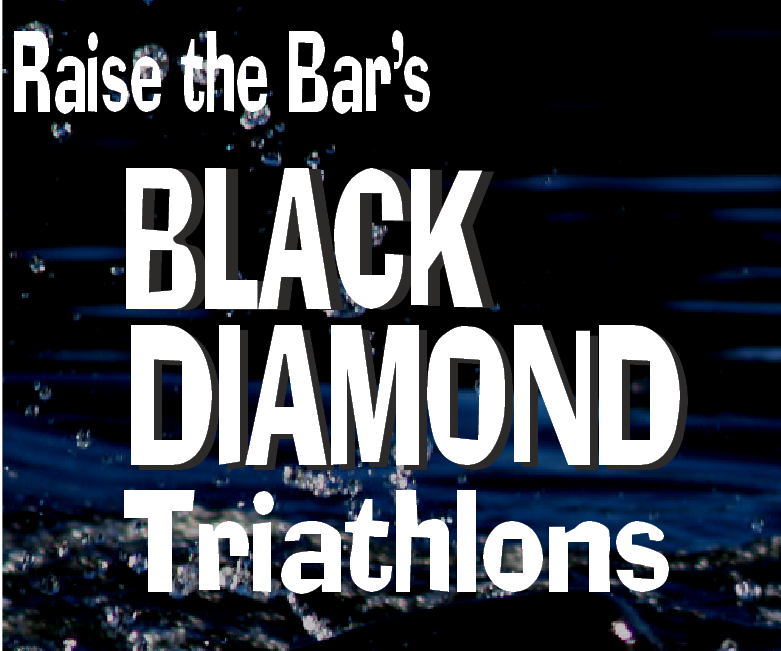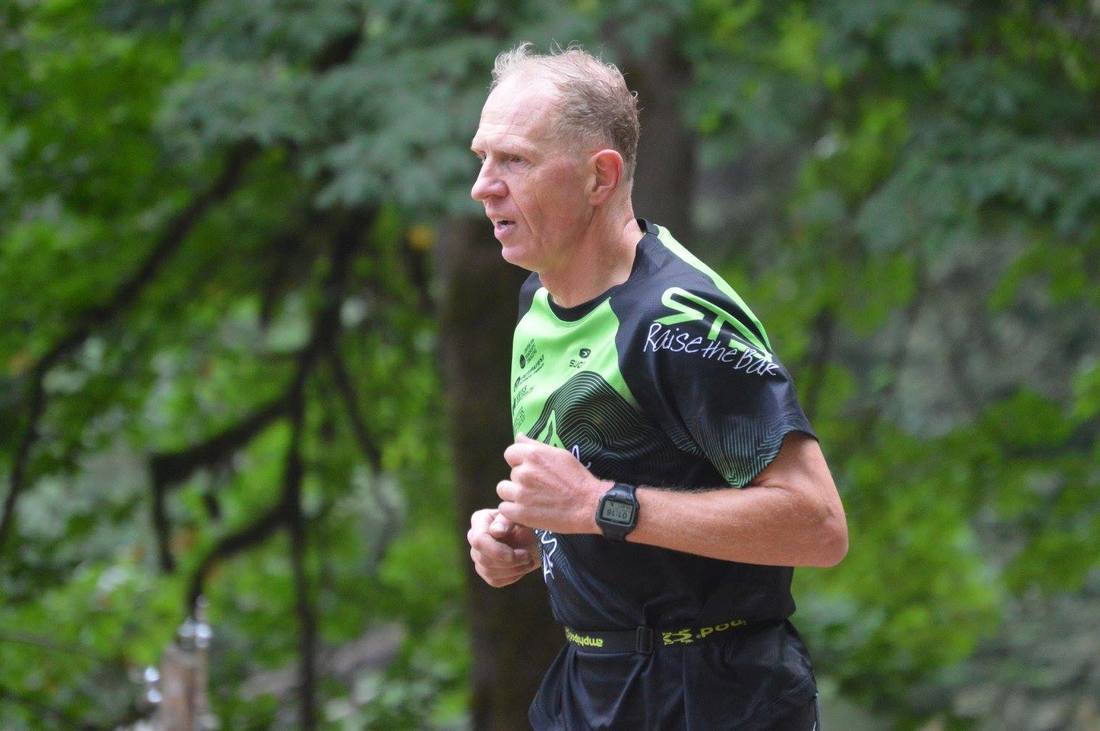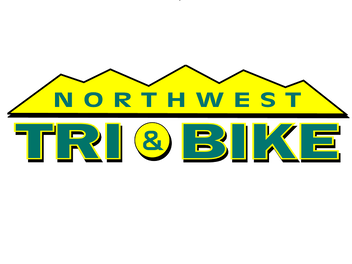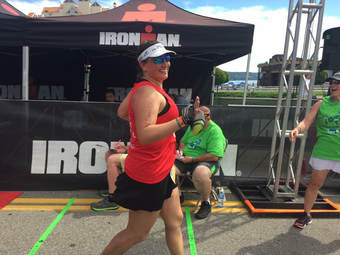 I don’t have a profound memory of my first triathlon other than one of my co-workers suggested I consider doing it with him for fun. So without any training, I woke up two weeks later before the sun came up, grabbed my mountain bike, some old running shoes, some shorts, a long-sleeved cotton shirt and I put my swim suit on to make my way to the race start. I had no idea what I was doing. I knew how to swim (well enough). I knew I could ride a bike (best with a banana seat). I was fairly confident I could simulate a run/walk motion. What I didn’t know, was how the heck to do all three in one day. Immediately. After. The. Other. I stared at everyone setting up in transition and thought, “Why am I here?”. I watched the other athletes set up their space and tried to mimic what they were doing and then suddenly I was following the herd to the edge of the lake. I remember getting in the water, and at some point I obviously got out. I remember being on the bike and even saw my coworker on the course. I successfully returned to the park and managed to run and finish the race. I can’t remember the actual finish. I don’t remember it having any significant feelings of gratification or a finish that resonated with me. That was my first triathlon experience. My second one was the one that made me consider doing it more often. It too, was a sprint, but this one was different, this time my brother, Adrian, who was enlisted in the Army, was home visiting and planned to come out to watch and cheer me on. This was so significant for me because I was not known as the athletic one. I had grown quite comfortable with being his spectator. He was a wrestler, a soccer player, a baseball player, a football player…you name the sport and he could do it. I tried playing basketball in elementary school and junior high. My father affectionately started calling me “his little Clydesdale”, so you can see who was clearly the athlete in the family. This race I was more prepared. I learned to ask more questions. I didn’t feel as awkward when it came to the transition. I even trained some. This time when I came out of the water I could hear my brother yelling my name. He ran alongside the chute to see me go into transition. He patiently waited for me to come out with my bike and even ran along for a while until I got up to speed, all the while yelling my name. When I came in off of the bike, he was already pacing the course waiting for me. He was ready to run the 3 miles with me and was visibly frustrated when the officials told him he couldn’t. I remember telling him I would be fine and I’d see him at the finish. He relaxed and indeed, his cheers and excitement were waiting at the finishline for me. His smiles and hugs were all I needed to know that he was proud of me for my athletic accomplishment. A year later, I would do the same race during his first deployment to Iraq where he managed to find a way to call my mom to cheer me on from a desert setting and it was equally emotional and motivating. Fast forward three years to 2006. I sort of stopped doing triathlons, not because I didn’t like them, I just didn’t seek them out. I had a gym membership and occasionally I would use it. My brother had just graduated from school at Ft. Bragg in North Carolina and was now a part of the elite Special Forces community. Once again, he was excelling in athleticism and endurance and I was so proud of him and even more so to watch him walk across the stage to accept his coveted Green Beret. After graduating, he recieved his orders to move to Washington and would be stationed out of Joint Base Lewis McChord. He moved in with me and for a year we were roommates. Even though I was dating my now husband, Adrian and I reserved Tuesday evenings as “our time” to have dinner, hang out, and catch up and discuss his upcoming second deployment to Iraq. We had always been close growing up and we remained each other’s best friends as adults. 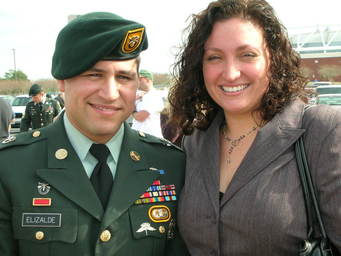 On March 4th of 2007, Adrian and I hugged as he prepped for his second deployment to Iraq. I cried only a little as I needed to appear stronger than I felt since I am the big sister. We hugged more and tossed sarcastic jokes around until one of his teammates came to pick him up from our home. I hugged each of them once again, told them both to be safe and to take care. I stood at the porch with as much composure I could muster and watched the vehicle pull out of the neighborhood. That was the last time I got to hug my only sibling. On Sunday, August 19th 2007, he called me just to chat and I heard him tell me “Love you Sister” for the final time. Four days later on August 23rd, we received notification that my brother SFC Adrian Elizalde, and his teammate SFC Michael Tully, were both killed in action when an IED struck their vehicle while they were out on a mission. Shattered. Broken. Paralyzed. Numb. Those emotions and more consumed me for the next two years. I navigated each day through a fog and found I was lost so deeply in grief that the “normal” day to day functions had to be scripted because deviating was debilitating. Somehow in 2009, I found the courage to go back to the sprint triathlon that my brother had been present for. I found, yet again, another cotton shirt to wear for the bike and run (clearly I still didn’t understand wicking fabrics). This time I had it personalized to have both Adrian and Mike’s pictures on the back to “push me” through the course. I finished that race and felt a sense of elation, a moment of peace and genuine happiness start to warm its way back into my heart. I found myself feeling not so heavy again for the first time in two years and decided I needed to continue to find ways to remember and celebrate the athleticism that my brother modeled. I went on to sign up for my first half marathon and that brought on a whole new bag of feelings. I got halfway through and my feet hurt, my body hurt, my lungs felt like they would burst out of my chest. The only way back to where I started was to either continue or turn around and go back the way I came. Quitting wasn’t an option and I had already gone halfway. I discovered that these races were essentially becoming a direct reflection of how I was navigating through my new life. I hurt, I often struggled to breathe, but I could get halfway and still keep going because quitting wasn’t an option in life either. In 2010, our family was contacted by a group of gentlemen that had served with my brother and Mike as well as two other individuals that were killed during the same deployment. They asked for permission to form a team and race a 70.3 distance to honor all four of the boys all the while, raising money for the Special Operations Warrior Foundation, which would provide college scholarships for the 6 children that were left behind as well as other children who had lost a parent while serving on a special operations team. Our families decided to fly out to Virginia to watch and cheer them on. As I watched them enter the water and start the race, I remember thinking, “Wow, 1.2 miles is so far. I don’t think I could ever do that.” As soon as that thought was complete, I think a deeper part of me knew that I was going to do it. 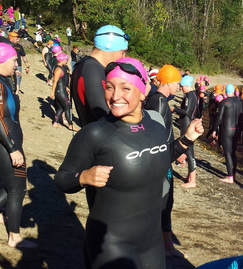 When Adrian died, I was immediately and violently stripped of my identity. I was no longer the big sister. I was now an only child. The other part of my DNA was absent to share with, laugh with, and to discuss what our futures held not only for us, but for our parents. I was alone. In 2011, one of the teammates called me and invited me to join the racing mission. Naturally, I jumped at the chance to be a part of their great cause. In this new world where my brother was removed from my life, I was suddenly granted a tribe of brothers that were ferociously protective, undeniably supportive, and relentless with humor, jokes and yes, even sarcasm…everything that I was missing and so desperately needed. This team nurtured my reason to tri and try. Since that phone call, I have gone on to do a few Olympic distances, (7) 70.3 distances and on September 24th of this year, I completed my first Ironman in Chattanooga, TN. I’ve finally learned the benefits of wicking materials. I’m not fast. I still get a little nervous on the bike and it takes me a few rides at the start of the season to work those nerves out. I’m not terribly efficient when I run (picture the game whack-a-mole with my feet). What I am though, is an athlete that races with heart. I smile when I’m on the course. I thank my volunteers and police officers for their time. I talk to other athletes during the race to either give strength or get strength. I pass out sweaty hugs or sticky high-fives. I “tri” because I have an able body and all of my limbs. I “tri” because my lungs have air in them and my heart beats with life to live. I “tri” because as long as I can put one arm over the other to swim, or pedal each rotation to bike, or put one foot in front of the other to run…I will breathe life back into my Adrian’s legacy as an athlete, as a soldier, as a son, and as my brother. When I cross the finish-line, I’m never alone. His voice is in my ear, his presence is felt and we finish together. I “tri” for SFC Adrian Elizalde.
9 Comments
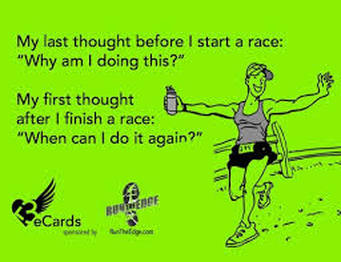 by Phillip J. Kriss, D.C. at Kriss Chiropractic I was at a social event a few weeks ago with many different levels of athletic ability ranging from none (0.0 stickers on the back window) to 140.6 Ironman athletes. It was very interesting to be a part of the conversations. Some were really into the game siting all the statistics of their training and accomplishments, and rightly so. They worked really hard and brag because bragging is not boastful If you can prove it. There were those that have not done much racing recently, and were almost just the same siting all the reasons for the choices they made. They also were proud of their choices and rightly so. Not everybody enjoys the same thing. I have seen both sides of the fence. Long distances and short. Fast times that impressed even myself and those that have made me walk around depressed for days. There are times when I worked really hard and other times I did not care too. And, I have also quit like Forrest Gump. Mondays when people ask “Hey, how was your weekend?” If I started talking race results, it was often met with a change of subject to what they wanted to talk about. “I ran a marathon in @@:$*”. After some of the usual responses like “how long was that marathon?” Many times I saw the deer in the headlights look. I realized most don’t know or care. People are primarily concern about good ol #1. Probably nobody cares about your race times except for you. So then, why would we do the stuff we do if we get no credit or validation from others? Because it is fun in a sick way. If is not fun and you don’t enjoy it? Why do it? There are people who constantly complain about running in the cold rain. I don’t like it either but complaining about it out loud dampens the moment for everyone. Why not just shut up about it and go to hot yoga? Once I rode my bike 200 miles in cold rain. It was miserable. When I removed my socks that day, my toe nails were attached to my socks. I asked myself why, and could not find a good enough answer. The result was taking several years off riding my road bike and doing other things. What was the result of that? Sooner or later I climbed back on my road bike and fell in love with it in a way I had not before, and my times were faster! So, do you like doing what you do? Great! Continue and ask yourself what can you do to do it better and enjoy it more. Do you not like what you do? What would have to change to make it fun? Nothing painful last forever. But, whatever you do do, celebrate it. Standing on the podium is awesome! Going for a walk at dawn with your dog and loved ones and see the most awesome sunrise? Revel in that moment, because it will never return again. 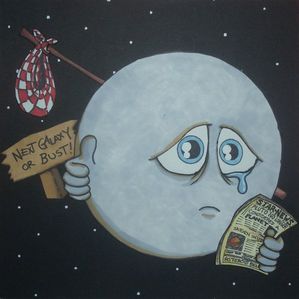 By Holly Pennington, PT, DPT/Outpatient Physical Therapy During the summer of 1986, a new dream was born in my eleven-year old mind: Space Camp. Thanks to the movie of the same name, I had a new fascination with all things outer space. Forget Princess Leia; I wanted to be Lea Thompson. I never made it to Houston, but every time we learned about the solar system in school, I was mesmerized. For the sixth-grade science fair, I made an impressively sized (and quite crumbly) papier-mache’ model of the moon. When we learned about the planets, I easily memorized all nine of them and their positions relative to the sun. There was something different about the solar system than most other subjects we studied in school: while there were plenty of facts to memorize, there was also a sense of mystery that no teacher, textbook or PBS movie could deny. Fast forward to 2006, when breaking news about Pluto dominated the media: the tiny ninth planet with the cute and catchy name was not a planet after all. Suddenly, eleven-year olds would have only eight planets to memorize. Textbooks would need to be rewritten and glow-in-the-dark ceiling stickers repackaged. What does Pluto’s demotion have to do with your IT band? When it comes to its role in lateral knee pain – that persistent pain on the outside of your knee that increases with activities like running - the IT band’s trajectory of understanding has been nearly as long as Pluto’s 248-year orbit around the sun, leaving more questions than answers. When I was in physical therapy school sixteen years ago, the prevailing wisdom about lateral knee pain was that it was caused by excessive outward movement of the kneecap. In turn, the IT band and its bursa became inflamed. The bursa was believed to be the source of the pain. A combination of taping and strengthening the medial portion of the quadricep muscle (called the VMO) was thought to correct the problem. Since then, anatomic researchers have questioned the presence of a bursae under the IT band - let alone its inflammation - and explored the possibility of a compressed fat pad as the source of lateral knee pain. Further, for many decades, medical professionals have believed the IT band slides back and forth with movement, creating friction on surrounding structures – whether it be a bursa or a fat pad – giving it the appropriate name, “IT Band Friction Syndrome.” New research challenges this IT band “fact,” suggesting that the IT band may appear to move rather than actually move, making friction impossible. Just like Pluto is still there even if it isn’t a planet, that pain on the outside of your knee persists even if there is no bursa, fat pad or friction. With so many unanswered questions, how do we proceed with treatment? One option is to focus on the bigger picture: the IT band’s relationship to nearby muscles. A thick and fibrous tendon, the IT band attaches to large gluteal muscles like the Tensor Fascia Latae (TFL) and gluteus maximus, two muscles that play significant roles in stabilizing the knee during any kind of movement, especially running and jumping. Dysfunction in the glutes – weakness, tightness and soft tissue restrictions – contribute to lateral knee pain because the fibers of these muscles blend with the fibers of the IT band. Identifying the specific gluteal muscles that do not function optimally – and why – could be the key to resolving lateral knee pain, rather than locating a specific pain-producing structure like a bursa or fat pad. The body is like the solar system – full of wonder, mystery and “facts” that may change over time. Sometimes, stepping back and looking at such complex systems as a whole, instead of parts, is the perspective we need. Just as we can wonder at all nine celestial bodies and their relationships to each other, whether we call them “planets” or not, we can make changes in the way our bodies move and feel, even if we are unsure about the underlying cause of the pain. Therapists at Outpatient Physical Therapy look at the big picture of your body and can help you restore your hip muscles to their optimal states, reducing knee (and back, hip or foot) pain. Contact one of the 7 Puget Sound locations for a free consult (no referral needed): www.outpatientpt.com. 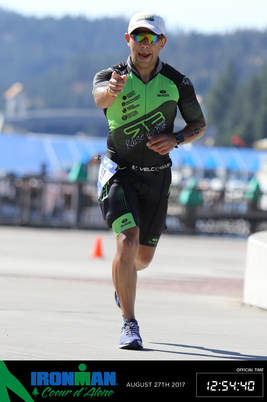 I don’t have a good answer, I wish I did. I wish I had a deep meaningful answer or a life story that would explain my venturing into endurance sports. I think that everyone has their own personal story as to why they decide to take on challenging goals in their lives. Ultimately, I think the answer depends on the day. Most days it is pretty clear, if enough proper planning has taken place.The answer is that there is a goal to be met, for the day, for the week, for the macro-cycle, for the season, for our lives. Some days however (or some hours, or minutes) the answer to this and other questions that stem from it can be as challenging to formulate as completing the workout that is about to take place or that is currently taking place. ‘Why? Why am I doing this? Why am I sacrificing time away from my family? Why am I freezing my ass off (no, I am not talking about my donkey)? Why am I risking being run over by people (mostly in overcompensating trucks) that don’t even understand these questions that are in my mind right now, much less the answers that I am trying to find to keep myself going. Is this a selfish thing to do? Am I trying to prove something to someone?’ The immediate answers are pretty trivial and obvious: Because it keeps me fit. Because it is a healthy way to meet other like-minded people. Because it is the journey and not the destination that counts. All these answers and many more have been given before, and they are all valid and good. But there has to be something else. Some other reason that sits deep down in the bottom of our bowels. Sure, I can be and stay fit without having to spend 5-hours on a bike during the weekends for most of three quarters of the year.Or having to explain that doing a Fartlek run doesn’t involve your ability to control flatulence on command while you are running. I can also meet like-minded people by choosing what my habits are (walk into a sports bar, it will be filled with like-minded people, none of them sweating or having to ‘find their legs’ after getting of whatever mode of transportation brought them there – however, they usually have to find their legs on the way out). If you watched the Rio Olympics in 2016, you may remember that there was a poem written by Canadian poet Shane Koyczan about competitive sports, whose five verses were aired during commercials by the Canadian network. “What It Takes” has five verses:Opening, 1, 2, 3 and Closing. I listen to or read it every now and then for inspiration. There is nothing extraordinarily amazing about the poem itself, except that it amazes me how well the author was able to understand, capture and conceptualize the essence of this underlying question that creeps into our minds every now and then:‘why am I doing this?’ He embodies this question so gracefully in this poem. Here is a small exert: “You have to ask yourself, is your prime ahead of you or behind you? Will your worse days remind you that your best are yet to come? Are you committed to the grace it takes to turn your falls into dives, to cut through the surface of the water? When your mind asks for more, will your body match you?” 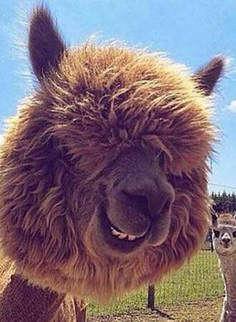 Why the Alpaca? Bruno says" it is my Strava profile pic and one of my favorite pics that embodies my personality." Why the Alpaca? Bruno says" it is my Strava profile pic and one of my favorite pics that embodies my personality." Two-time Ironman World Champion Chris McCormack (a.k.a Macca) gave one of the best answers that I identify with the most. Which I believe is that deep down reason dwelling at the bottom of our stomachs every time we suit-up, cleat-up, lace-up and ultimately toe-up to the start line: “The best way that I describe it to people is this: you take anybody, whether they are racing an Ironman, a marathon, anything.Speak to someone after the race, and what is the first thing they talk to you about? They don’t tell you how wonderful they felt at four miles, they go ‘oh man, at ten miles, I didn’t think I was going to finish.’ So, they always grasp on to that moment, that painful moment. That is the reason why we do it, that’s the drug, it’s that pain. So, whether you believe it or not, that is the purity of endurance racing, that is why we are all here. We are all asking ourselves the question of how do we react, how do we deal with ourselves at that moment?” Now anyone who is reading this knows what ‘that moment’ feels like, that painful moment. But I would be willing to augment to Macca’s answer in that pain in the context of his answer isn’t just physiological pain, it is the emotional and psychological hurdles that we have to face.It is the moment, as Shane Koyczan describes it, ‘when your mind asks for more, will your body match you?’ Don’t get me wrong, I am not implying that we are all a bunch of masochists going around in circles in the water, on our bikes and in our overpriced running shoes looking for the most painful experience we can find to see how we will handle it. However, if we think about it, that is what gives us the satisfaction at the end of the workout.Knowing that we encountered that moment of doubt in our journey (on that day, that week, and that season), and that we were able to come-up with an answer that was the correct answer to make us take that first step on that dark street at 4:30AM toward those 6 or 10 miles ahead of us.
An answer that keeps us moving forward so that we can experience all those other moments that are part of the journey: the unwavering support of wives, husbands, parents, siblings and friends. The authentic smile we see in our kids as we make the final turn toward the finish line. The satisfaction of having ‘tried’ to make our tiniest dream come true, because, and I quote Mr. Koyczan again from How to be a Person,“The tiniest dream that you try to make happen is worth more than the biggest dream that you never attempt.” Finally, I just want to take this humble opportunity to thank everyone reading this. Anyone who has ever stopped to ask someone on the side of the road with a flat tire if they had everything they needed to get going again. Anyone who has volunteered on the many races I have been on that has said ‘good job, keep going, keep up the pace.’ Or that has handed out a much needed and welcomed half-empty (OK, OK, it was half-full) cup of water or electrolyte drink during the race. But most importantly, to my beautiful wife for being the rock that I can lean on when my spirit is feeling tired and the star that I can navigate with when the journey looks like nothing but an endless ocean of water and dark sky coming together. To my brother for being patient, supportive, a listener, and a training partner willing to try anything crazy that I can come up with. And to my wonderful kids, whose smiles, cheers of support and endless happiness will always fill my heart to the point of making it feel like it is going to burst (and hopefully increase my VO2-max in the process). Love you. |
Raise the BarRace reports, upcoming events, news, and more, from RTB. Archives
September 2023
|
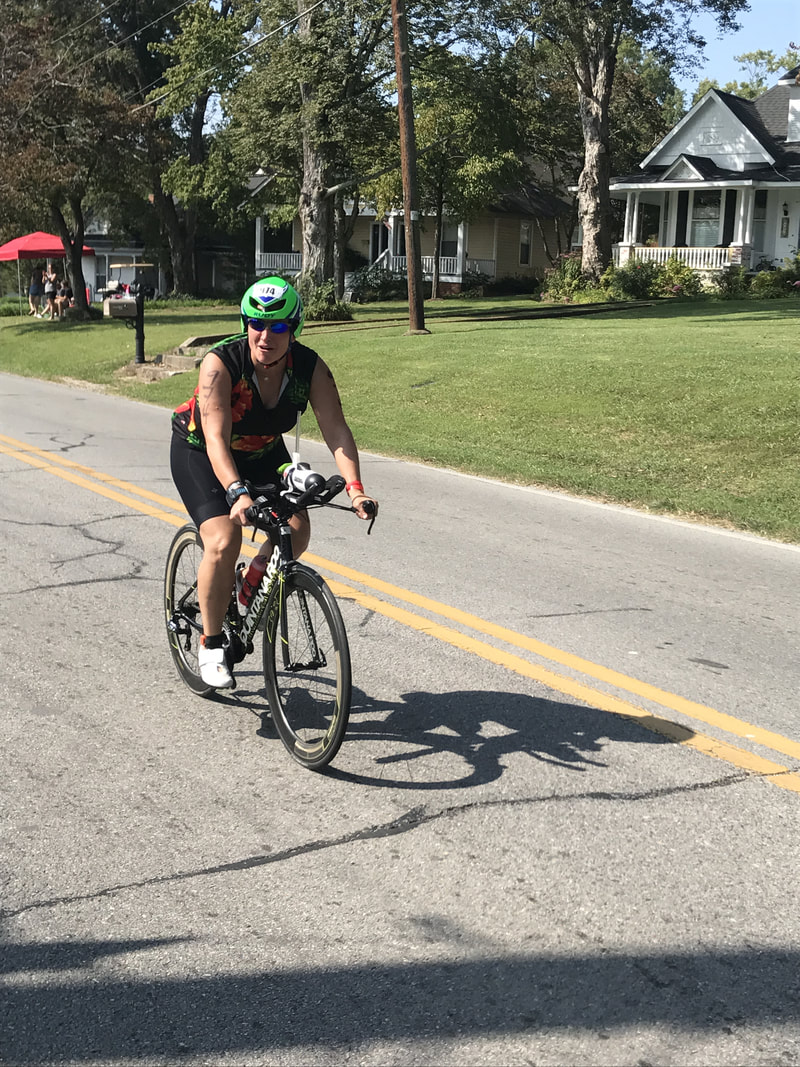
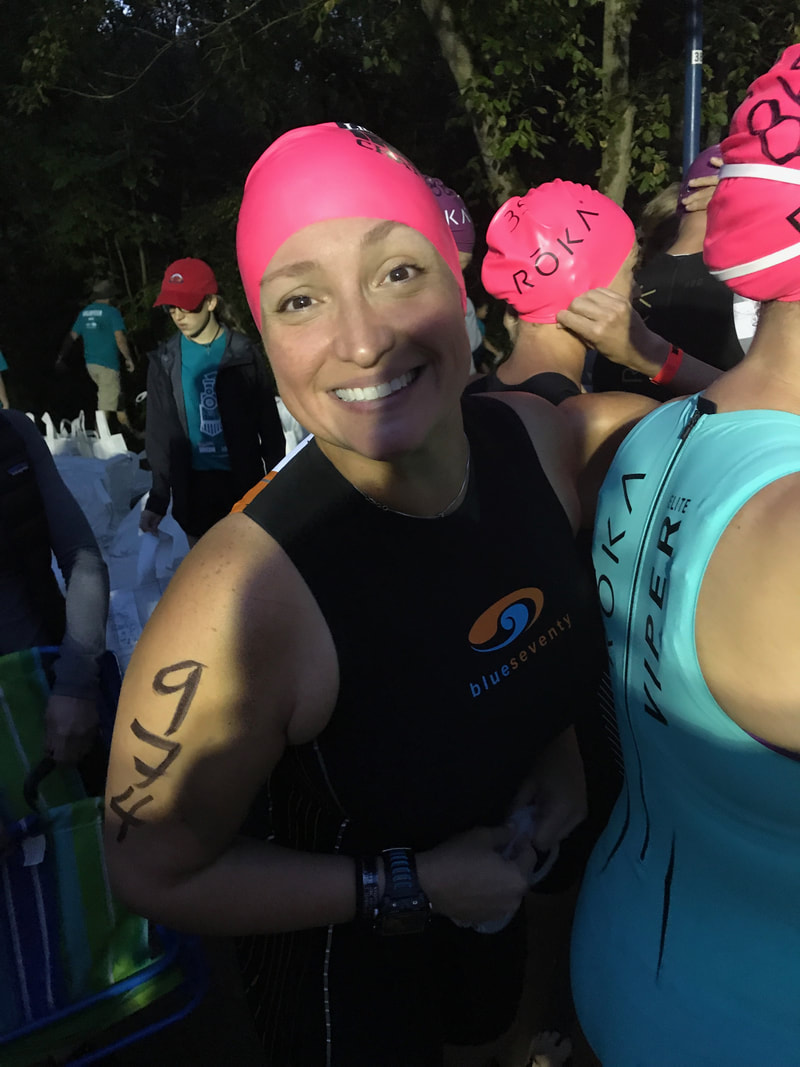
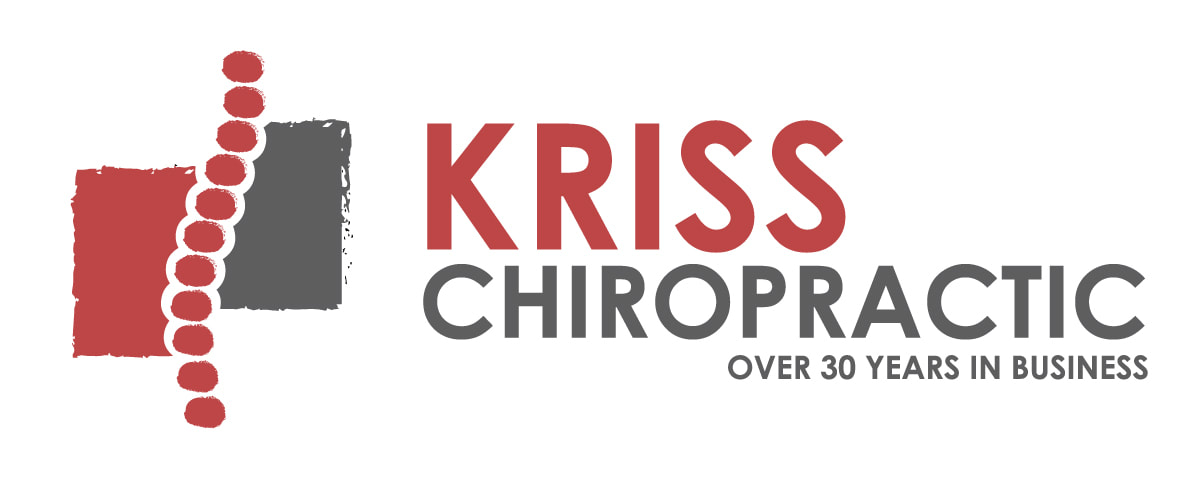

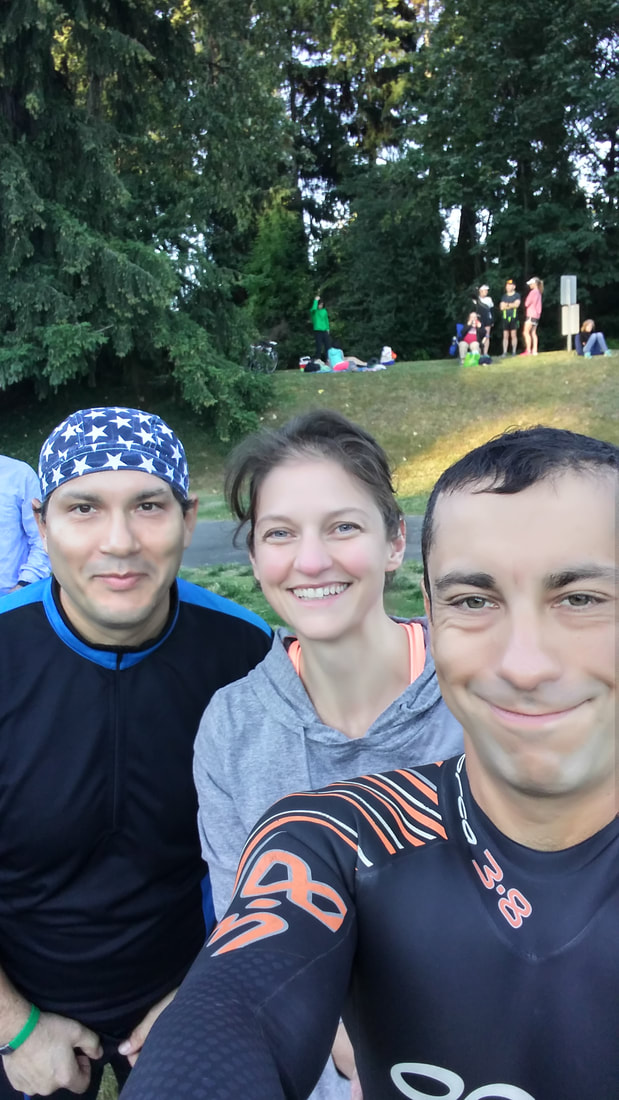
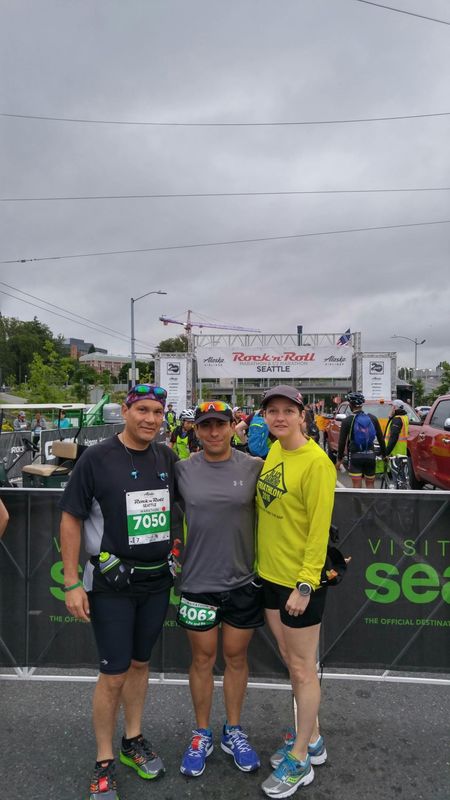
 RSS Feed
RSS Feed
